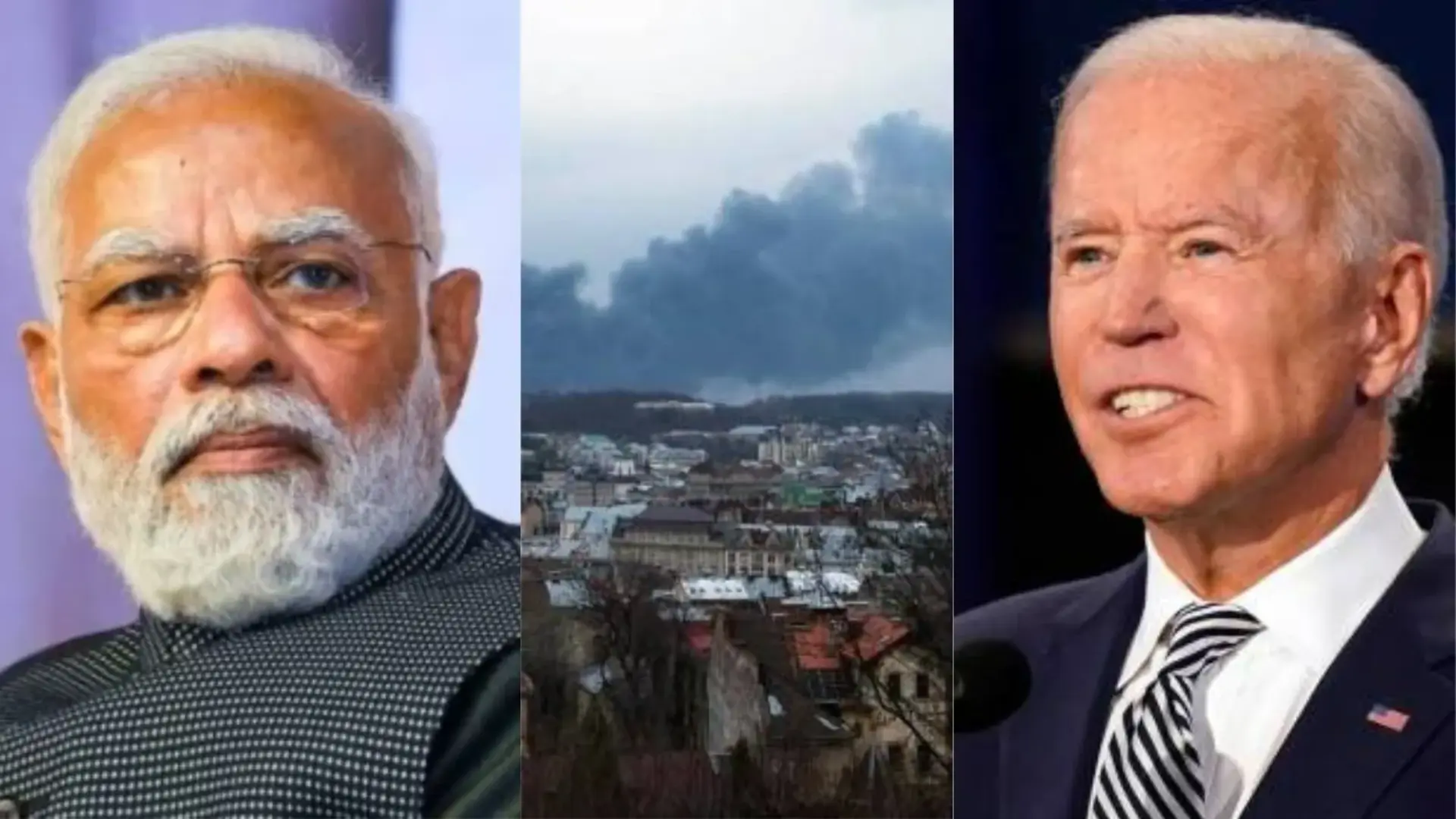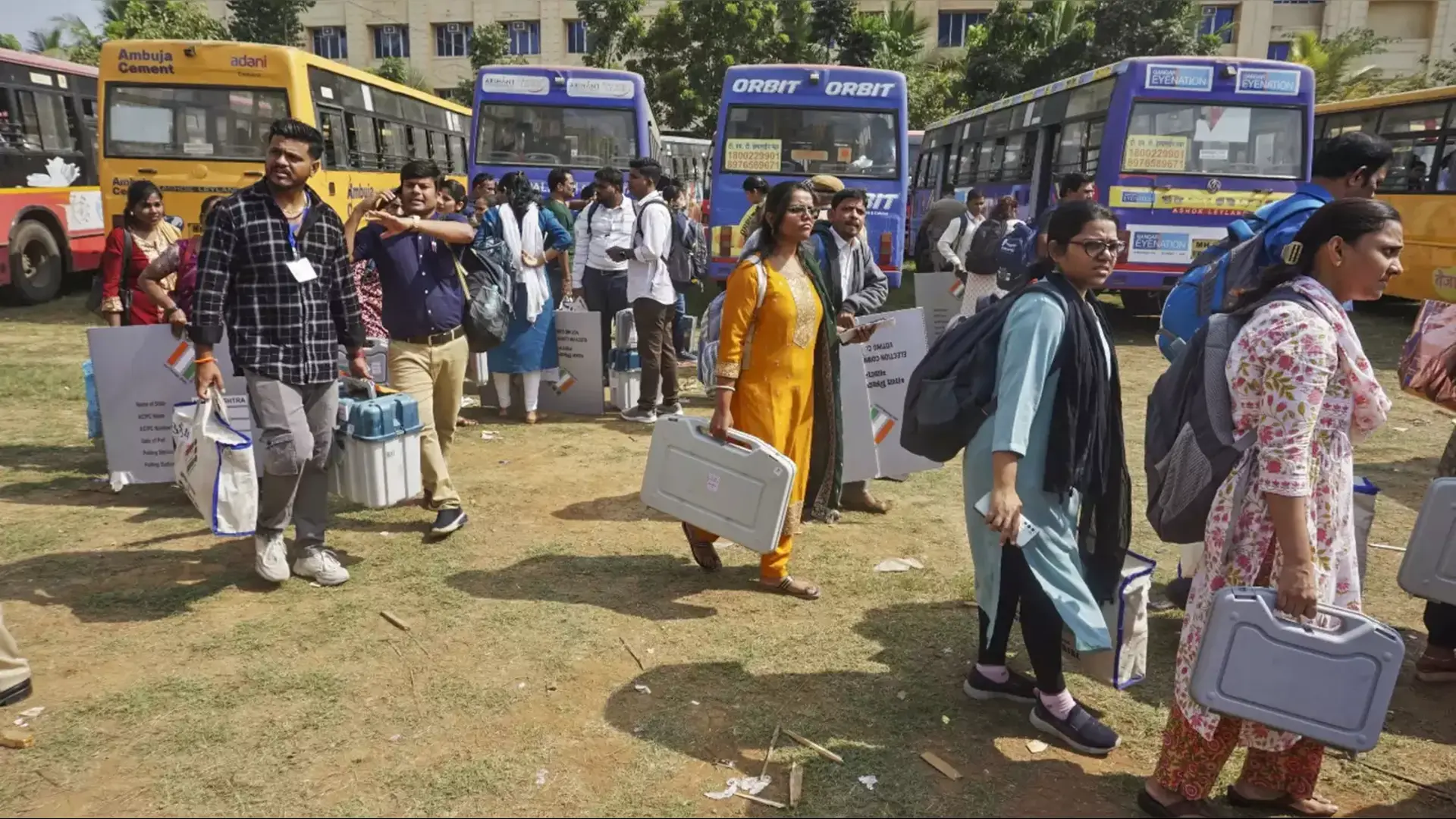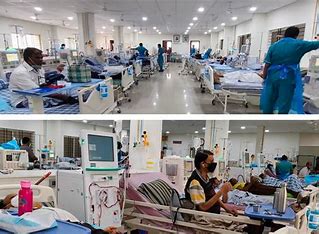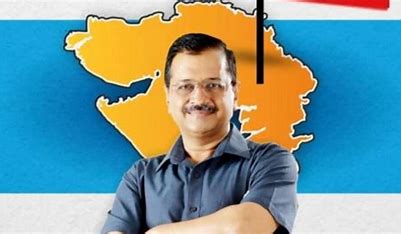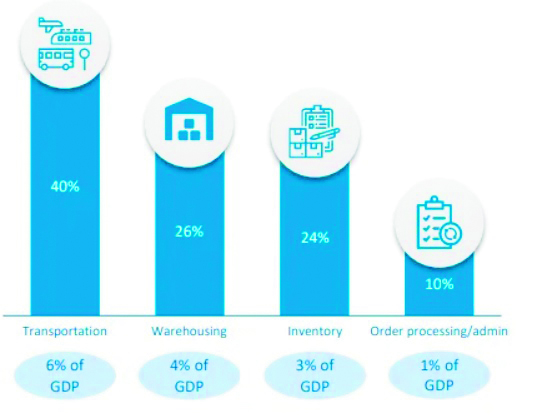
Overall logistics costs in India are in the range of 7.8-8.9 per cent of the country’s total GDP, a report released by the economic policy research think tank National Council of Applied Economic Research (NCAER) stated on Thursday. The central government has been working to reduce the overall logistics costs and enhance the competitiveness of Indian industry.
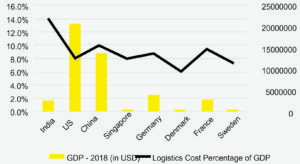
The government has been aiming to trim India’s elevated logistics costs by as much as five percentage points by 2030, from the current 13-14 per cent of gross domestic product (GDP) to 8-9 per cent of the GDP.
The National Logistics Policy (NLP) which was unveiled last year aims to achieve quick last-mile delivery, end transport-related challenges, save time and money for manufacturers and prevent wastage of agro-products.
To reduce logistics costs, new eco-friendly waterways are being set up, air cargo terminals have been set up to facilitate exports, airports with cold storage facilities, and multi-modal logistics facilities are being set up.
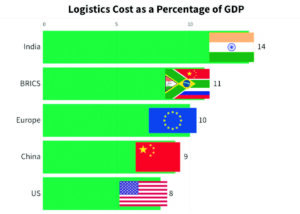
“The kind of investment that India is making in both physical and digital infrastructure….all that is creating an enabling environment where we will start getting good and credible data, on the basis of which, we can do data-based planning and ultimately data-based policy-making as well,” said Secretary DPIIT Rajesh Kumar Singh, after releasing the report.
He added that, through the report, a framework is being developed that will be used to calculate credible logistics cost estimates. Singh said that the figures are calculated by NCAER on behalf of the government.
Sumita Dawra, Special Secretary, DPIIT said that the department is also working to improve India’s ranking in the World Bank’s Logistics Performance Index (LPI) from 38th at present to below 25th by 2030.
NCAER Professor Poonam Munjal said on the occasion that these are quick estimates and going forward, by use of more granular data, these numbers will be refined further. At present, the government is going by certain estimates, suggesting India’s logistics costs stand at about 13-14 per cent of the country’s GDP (gross domestic product).



